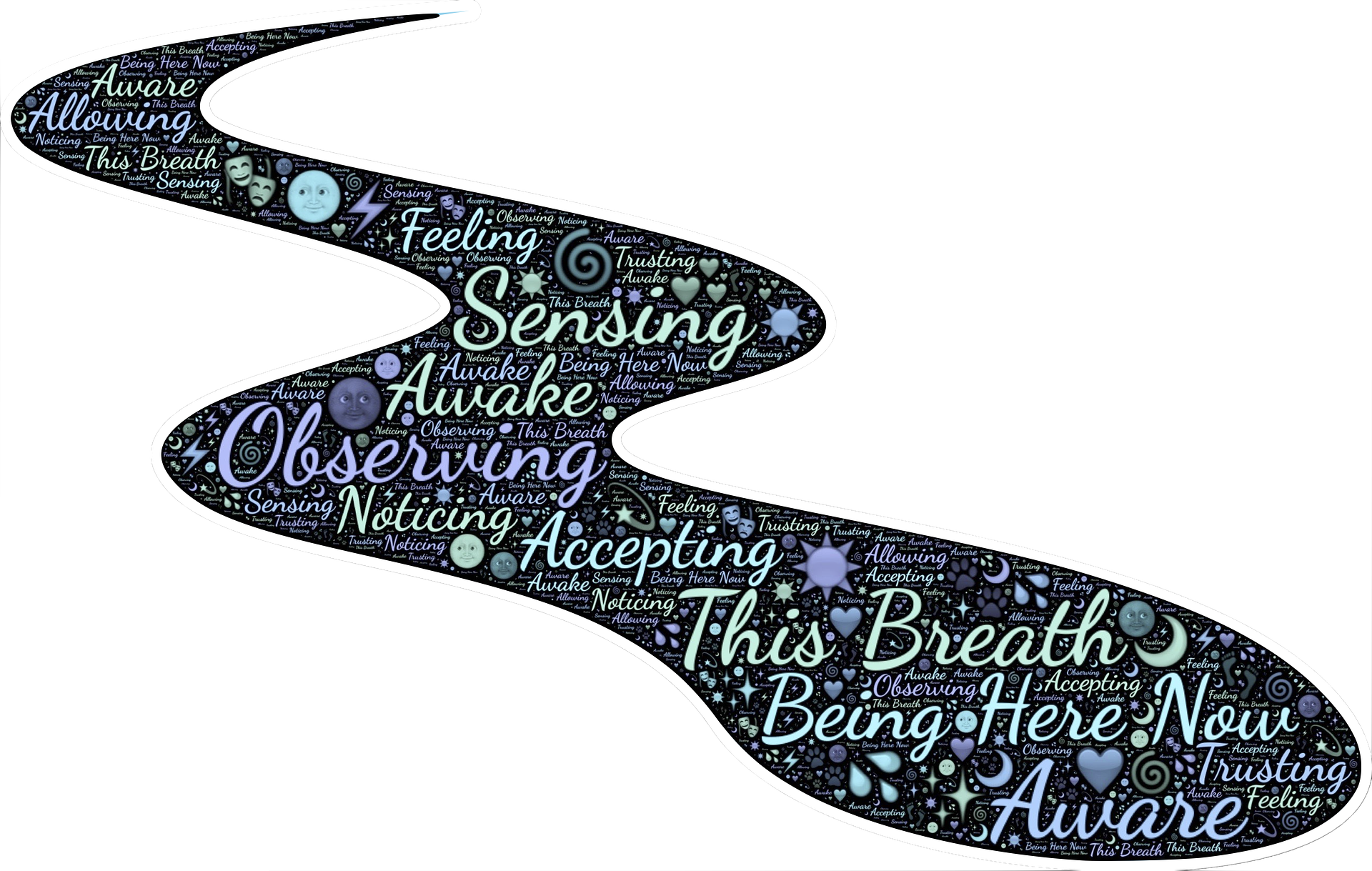Heart Failure Symptoms
What Are Heart Failure Symptoms?
If you have heart failure, you may not have any symptoms, or the symptoms may range from mild to severe. Symptoms can be constant or can come and go. Heart failure symptoms are related to the changes that occur to your heart and body, and the severity depends on how weak your heart is.
What is Heart Failure?
Heart failure is a chronic, progressive condition in which the heart muscle is unable to pump enough blood to meet the body's needs for blood and oxygen.
Congested lungs
A weak heart causes fluid to back up in the lungs. This can cause shortness of breath with exercise or difficulty breathing at rest or when lying flat in bed. Lung congestion can also cause a dry, hacking cough or wheezing.
Fluid and water retention
A weak heart pumps less blood to your kidneys and causes fluid and water retention, resulting in swollen ankles, legs, and abdomen (called edema) and weight gain. This can also cause an increased need to urinate during the night as your body attempts to get rid of this excess fluid. Bloating in your stomach may cause a loss of appetite or nausea.
Dizziness , fatigue, and weakness.
Less blood to your major organs and muscles makes you feel tired and weak. Less blood to the brain can cause dizziness or confusion.
Rapid or irregular heartbeats
The heart beats faster to pump enough blood to the body. This can cause a fast or irregular heartbeat. Irregular heartbeats also can become more common as the heart weakens.
Avoid smoking
How Can I Lessen My Heart Failure Symptoms?



